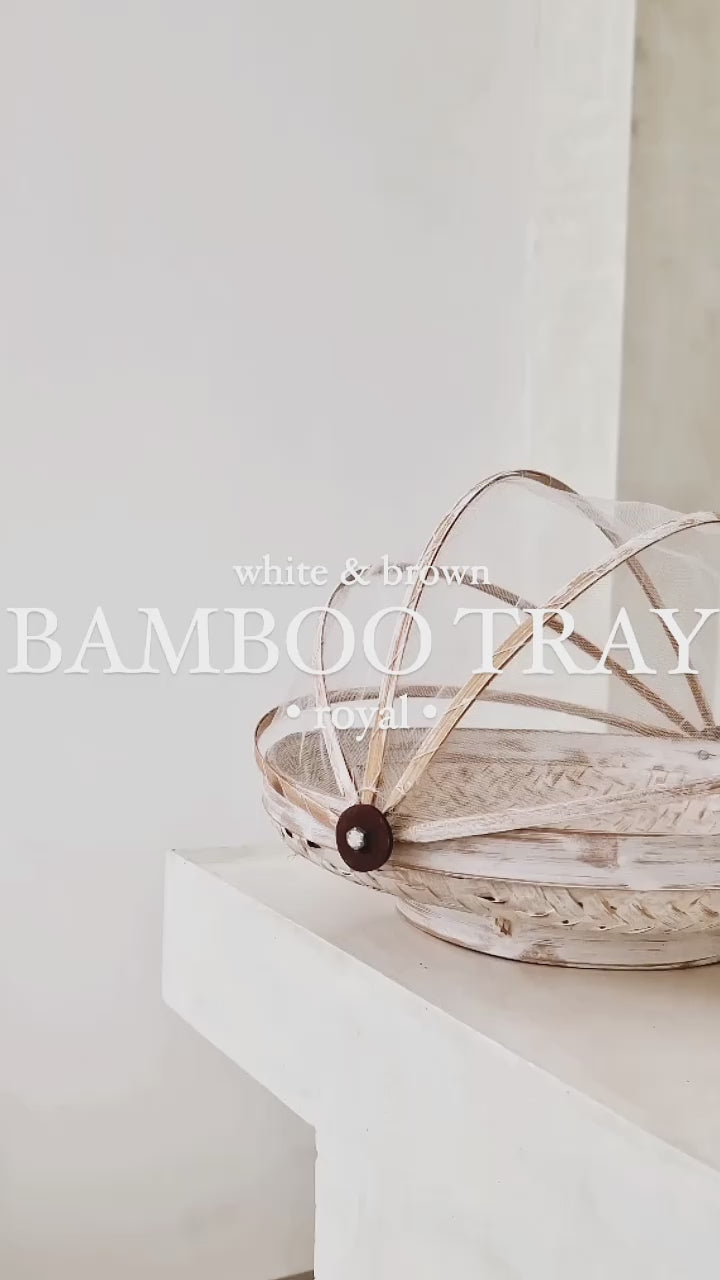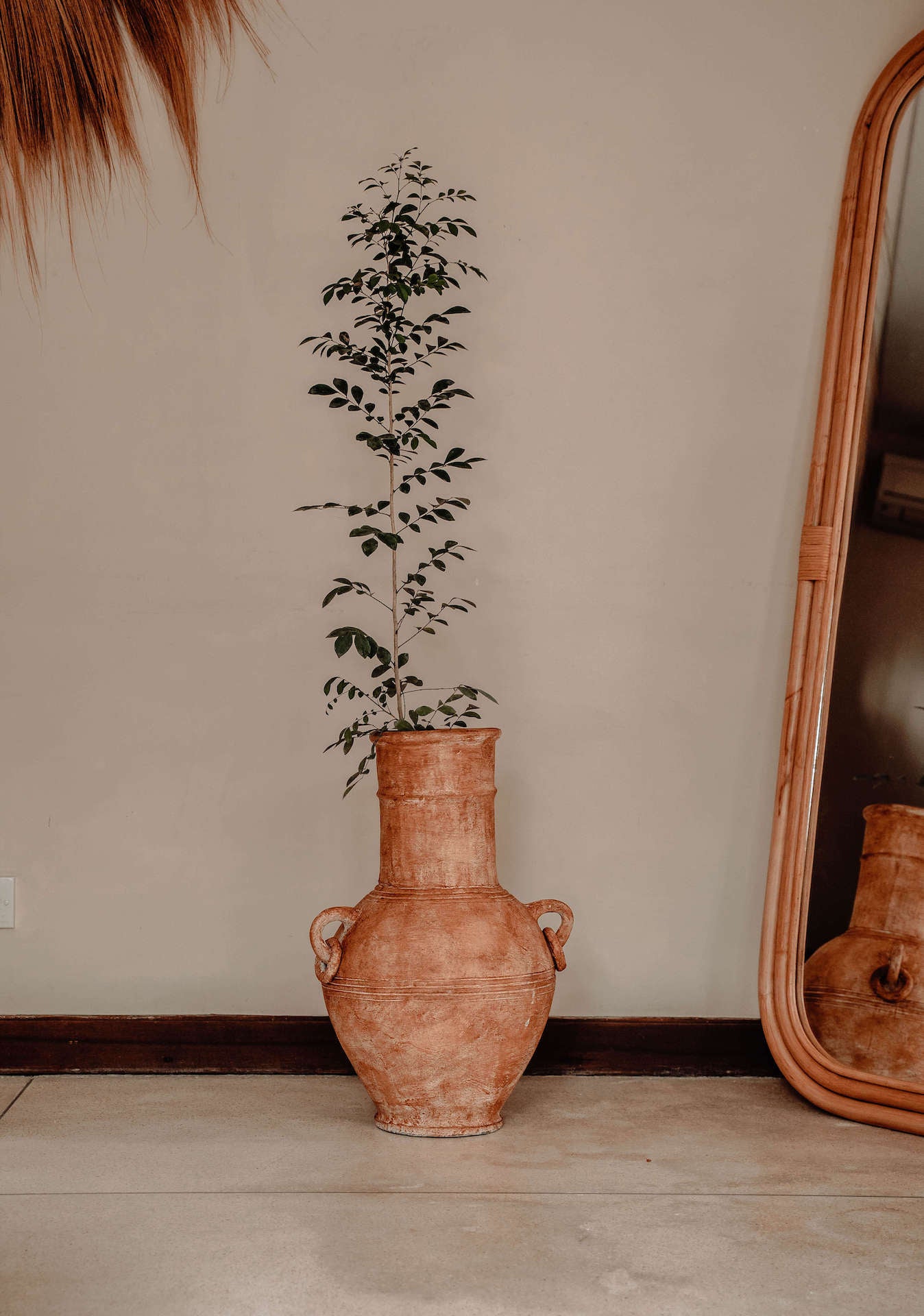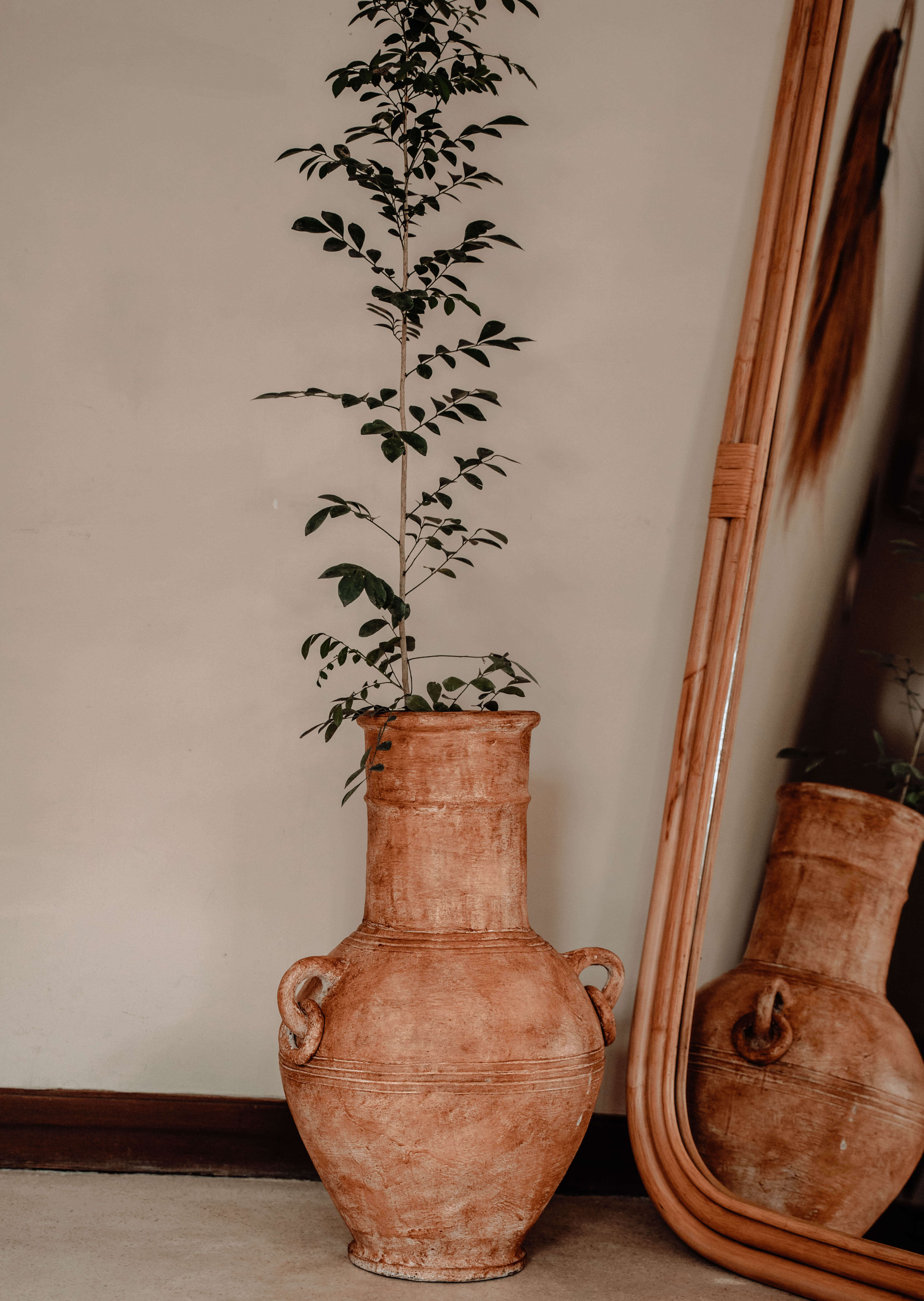







TEGAL OVAL
Delivery cost: free
 HANDMADE
HANDMADE
Enjoy free shipping to USA today!
Description
Rattan furniture, like the Tegal oval coffee table, brings natural warmth and comfort to your home. This piece is not only functional, but also beautiful and sustainable. Rattan furniture helps to protect the environment while providing a modern style to your home. Use the oval coffee table to complete your lounge or deck, or patio with its elegant oval shape.
Styling your home with the Tegal oval coffee table
When using a rattan oval coffee table in your home, you add natural warmth that enhances almost any color scheme. It’s a versatile piece you can use in almost any room in your house while being functional due to its oval shape to compliment your existing pieces.
Pair your oval rattan coffee table with geometric shapes to create a modern, contemporary, and warm environment. MONNARITA offers plenty of rattan furniture you can pair with your Tegal oval coffee table, like the Tegal sofa.
Rattan coffee table offers a light, natural wood color that enhances almost any color scheme you choose in your home.
Trendy rattan furniture
Natural wood colors create an inviting feeling of comfort, and it’s no wonder that wooden furniture has always been popular in design trends. We follow the latest trends dominated by natural wood as opposed to finished wood products. We believe in doing this without the harmful effect on forests. Rattan is an excellent option for trendy and beautiful furniture that will last a lifetime, as it grows between trees in Asia, Australia, and Africa and is a trendy and affordable alternative to wood. We highly recommend these products that are made to last in your space.
Why choose a rattan coffee table
MONNARITA uses rattan from sustainable, eco-friendly sources that don’t harm the environment. Each oval rattan coffee table is handmade and unique. Our furniture is meant to last a lifetime. You can have the ultimate style in your home while doing your part to take care of the environment. Rattan is also a durable material that’s easy to take care of.
TECHNICAL SPECIFICATIONS
Dimension (inches):
L 39
W 22
H 19.6
Handmade
Material: Natural Rattan,
Execution: Hand made of rattan fiber and natural rattan
Color: Cognac
Purpose: Living room, salon, covered terrace, patio or garden.

 Lightness of products
Lightness of products
 No plastic
No plastic
 Only natural materials
Only natural materials
 Green with care for the environment
Green with care for the environment













